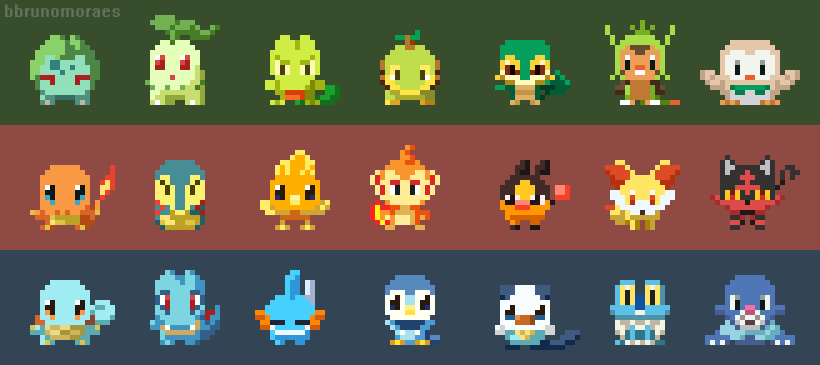thismeintiel said:
Each one of those is from a console that launched later in its respective gen, with the only exception is the DS, which really only launched so early because they didn't want Sony to take over the handheld market like they did with the PS1. So, it's not really surprising they would have a shorter timespan before a successor launched. It's also important to note that the Master System and Xbox were Sega and MS's first real attempts at console gaming. We're talking about a console that launched a year earlier than its competitors and after a highly successful system. The Wii U's situation would more closely resemble the Saturn's. Launching ahead of its competition and after the highly successful Genesis. The real problem Nintendo faces is that it's home consoles have been declining in demand among core gamers from the beginning. NES 62M > SNES 49M > N64 33M > GC 22M. Wii U may continue this trend and sell ~20M, less if they jump ship early. The only exception to this trend was the Wii. But that had the added benefit of taking advantage of the growing casual market, something that has, for the most part, either gone to cell phones or just stopped gaming, and is not coming back. And its success definitely did not stop the success of the systems more focused on core gaming. If Nintendo was smart, it would just abandon home console gaming and stick to handheld gaming, focusing all of their major exclusives on 3DS2. Or if it wanted to put out some more ambitious titles, occassionally dabble in 3rd party publishing. |
Nintendo's situation is not like Sega, in actuality Sega's situation really was nothing like anything in the industry.
They launched the Sega CD in 1992 for $300 ... which was double the price of the Genesis at the time would be $474 in today's dollars (think about that for a second). After 2 years of wishy washy support for the Sega CD, they then launched the Sega 32X, which they supported for oh ... three months.
They then "surprise" launched the Sega Saturn out of nowhere in spring 1995, just seven months after the Sega 32X.
And they basically gave up on the Saturn in the US by Jan 1998 (they tried through fall 1997 with that three free games Saturn promotion and basically threw in the towel after).
So no. People who play the "Sega card" need to actualy do their home work.
And really, even after *all* that (lol), they actually had a very solid Dreamcast launch, the Dreamcast fell apart once it was clear Sega couldn't financially support it because they ran out of money.
The NX platform could basically addresses your later point ... by having a platform that shares games between portable and home console, they basically are "going handheld" but still can enjoy the perks of having a dedicated console (ie: sales of controllers and accessories).




























































